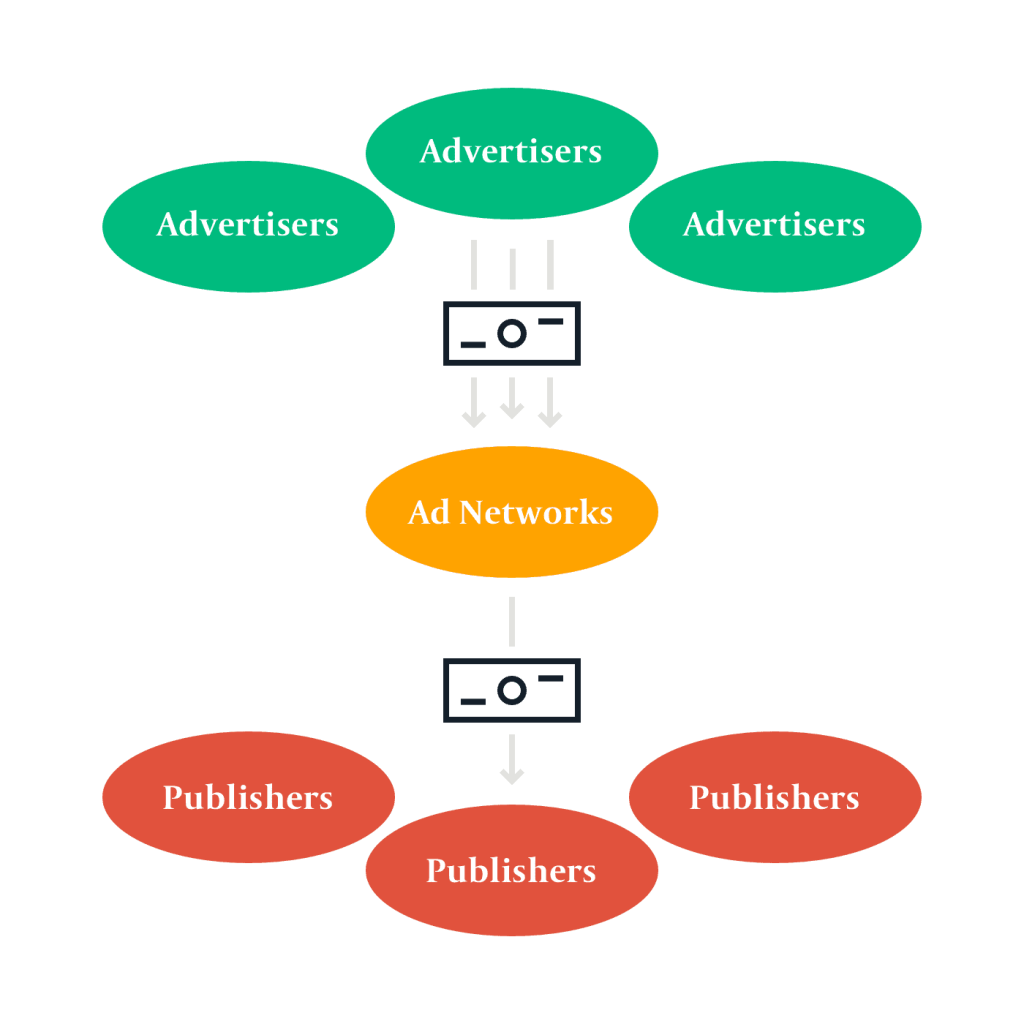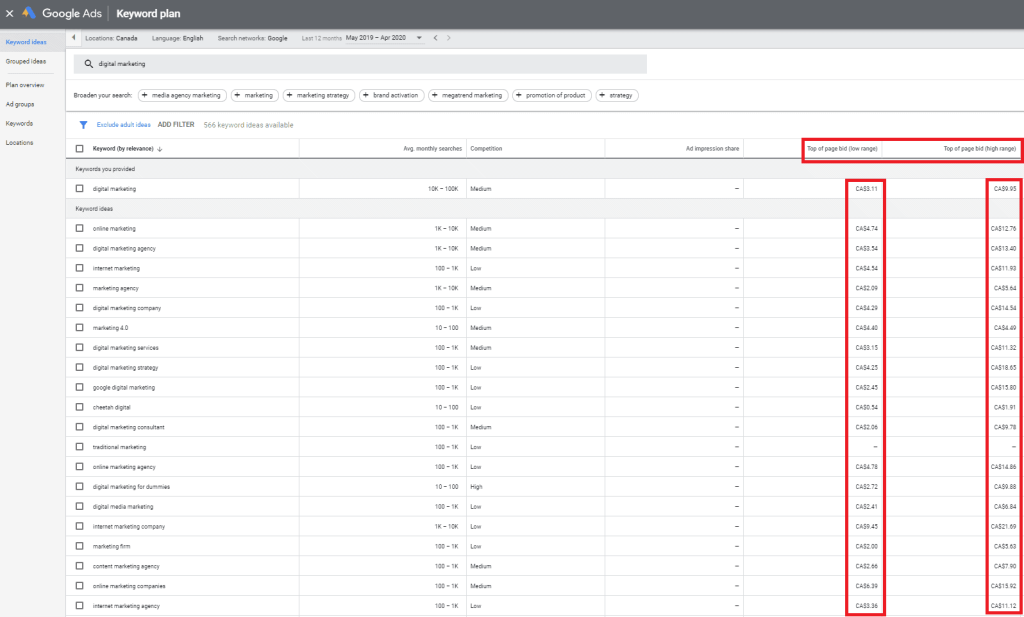Do you know the difference between PPC vs. CPC and their relevance in digital marketing & advertising?
If you’ve been marketing online for long enough, you’ve probably come across both of these terms. We see a lot of confusion when digital marketers encounter these terms because, on the surface, it seems like they might mean the same thing.
After all, PPC stands for pay-per-click and CPC stands for cost-per-click.
And if you’re paying for a click, that means the click has a cost – right? So what’s going on here?
That’s exactly what we’re planning to clear up with this short explanatory resource on PPC vs. CPC. We’ll explain the basic differences between these two common digital advertising types and when to use each one.
[optin-inline id=’jmp0egh6slcskjtqp0zc’]
PPC vs. CPC: What’s the Difference?
PPC is a pricing model used in digital advertising.
While PPC is not the only business model for running digital ads, it is the most common and preferred model by major ad networks like Google Ads and Microsoft Advertising.
CPC is a digital advertising metric that quantifies the cost associated with generating a single ad click.
The CPC metric can be applied for a specific keyword, or for an entire advertising campaign. Further down the page, we’ll discuss how the CPC metric is used to measure ad performance and communicate the value of keyword-related ad clicks in the keyword auctions operated by major advertising networks.
PPC vs. CPC: How Does PPC Advertising Work?
Digital advertising is a complex business with stakeholders that can typically be divided into three categories:
- Advertisers – Advertisers create digital advertisements and pay to have them published online.
- Publishers – Publishers own apps or web properties that they monetize by publishing ads for advertisers.
- Ad Distribution Networks – Ad networks like Google Ads and Microsoft Advertising act as intermediaries between advertisers and publishers, distributing ads at scale based on customized targeting options, as well as running ads on their own search engines.
When an advertiser chooses to distribute ad creative through an ad network, several different pricing models are possible. The most common ones are PPM, PPC, and PPA.
With the PPM (pay-per-thousand) model, advertisers pay a pre-determined fee for every 1,000 impressions their ad receives. This pricing model is sometimes called pay-per-impression (PPI), but due to the low cost of individual impressions, you’re more likely to be dealing in price-per-thousand impressions. As a result, the PPM abbreviation is slightly more common.
PPA stands for pay-per-action or pay-per-acquisition. In this pricing model, advertisers only pay a fee when their ad generates a specified action such as a sign-up, registration, or phone call. Google offers pay-per-call campaigns through the Google Search network.
In the PPC (pay-per-click) pricing model, advertisers are charged a fee each time one of their ads generates a click through to the target landing page. PPC is the dominant pricing model in digital advertising and the main pricing model used in both the Google Search and Display networks.

Image: Ad networks help advertisers distribute their digital ads to a wide, relevant audience. Advertisers pay for ad placements on a per-click basis. Some advertising fees are kept as profit by the ad network and the rest are passed on to publishers.
When you run PPC advertisements on search engines, the ad network (Google or Microsoft) is also the publisher. You’ll still pay for ad placements on a per-click basis, but your ads will appear on the search engine results pages. Search ads enjoy a high click-through rate because they are only when displayed when relevant to search terms that were previously entered by the user.
PPC vs. CPC: What is CPC? How is it Used?
CPC is one of the most important digital marketing metrics for anyone in online advertising. There are two important times to use CPC: when you’re engaging with the bidding system on your ad network of choice, and when you’re measuring PPC campaign performance.
Keyword-specific CPC
When you choose to run search ads on the Google Search network, you’ll need to set up a campaign and bid on keywords to make sure your ads are displayed alongside relevant searches.
If you navigate to the Google keyword planner, you can enter any keyword that’s relevant to your product/service and access a list of related keywords along with their estimated CPC on the Google ad network. This can help you determine which keywords to target with your advertisement and configure your bidding strategy to get the highest volume of relevant clicks for the lowest cost.

Image: Searching for CPC data on Google Keyword Planner
Campaign-level CPC
If you’re currently running an advertising campaign, or have run one in the past, you can calculate your average CPC to evaluate your campaign performance and benchmark your campaign optimization efforts.
To calculate your total cost-per-click, you’ll need two important bits of data that you can find in your Google Ads campaign dashboard:
- Total number of clicks generated.
- Total campaign cost.
Once you have both of those, just take the total cost and divide it by the number of clicks – that’s your average CPC!
You can improve campaign CPC by changing your keyword bidding score or by optimizing the quality score of your advertisements. Google’s quality score metric assigns your ads a rating between 1 and 10, based on factors such as:
- Expected CTR%
- Overall relevance of your ad to user intent
- Landing page experience
Higher quality scores mean that Google will show your ad to users at a lower CPC, so you’ll reduce ad spend while getting even more traffic, just by providing users with a better experience – that’s a big win!
Summary
Thanks for checking out our complete guide to PPC vs. CPC in online advertising!
We hope this guide helps you understand the difference between these terms, bringing you that much closer to digital marketing mastery.
As a next step, consider checking out our Intro to PPC course at Directive Institute. We’ve included plenty of tips, best practices, and technical details to help you run your first paid search advertising campaign and make it a success.
-
 CEO
Garrett Mehrguth
CEO
Garrett Mehrguth
Did you enjoy this article?
Share it with someone!
